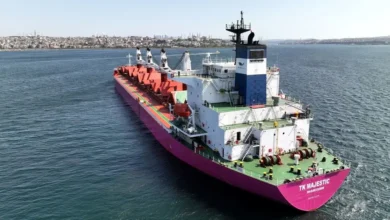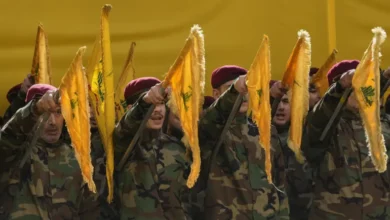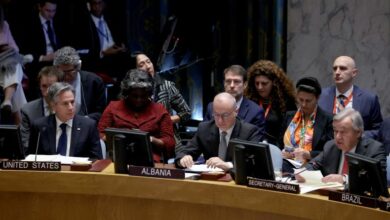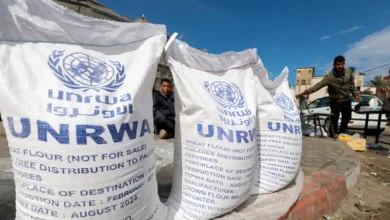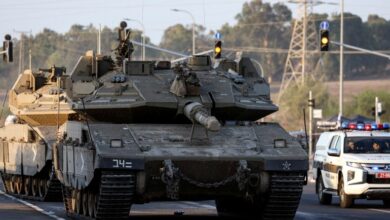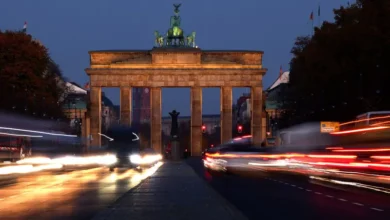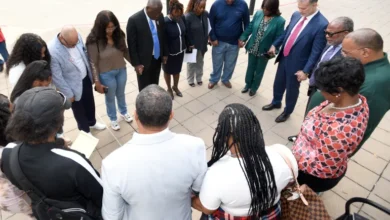UN’s top court bars Venezuela from action in Guyana border dispute

The United Nations’ top court has warned Venezuela to stop any action that would alter Guyana’s control over a disputed territory, days ahead of a planned referendum over the territory.
The International Court of Justice (ICJ) on Friday told the Latin American country to “refrain from taking any action which would modify that situation that currently prevails” in the Essequibo region that makes up some two-thirds of Guyana.
The court did not specifically ban Venezuela from holding the referendum over the oil-rich territory, as Guyana had requested.
However, judges made it clear that any concrete action to alter the status quo should be stopped, and the legally binding ruling remains in place until a case brought by Guyana against Venezuela on the future of the region is considered by the court.
A potentially explosive referendum
On Sunday, Venezuela will hold a referendum over the oil-rich Essequibo territory controlled by Guyana.
Despite pending litigation at the ICJ over where the two countries’ border should lie, Venezuela has decided to ask its citizens’ opinion on whether or not it should create a new “state” in Essequibo – a move Guyana claims would pave the way for its neighbour to “unilaterally and illegally” seize the region.
At 160,000 square kilometres (62,000 square miles), Essequibo makes up more than two-thirds of Guyana, which has administered the area for over 100 years.
The Guyanese government insists on retaining the border determined in 1899 by an arbitration panel, while claiming Venezuela had agreed with the ruling until it changed its mind in 1962.
Caracas, for its part, claims the Essequibo River to the region’s east forms a natural border and had been recognised as such from 1777 when the so-called Captaincy General of Venezuela, an administrative district of colonial Spain, was established.
It also refers to the Geneva Agreement signed in 1966 ahead of Guyana’s independence from Britain, which provided for a negotiated settlement on the region’s final borders, which never came to pass.

